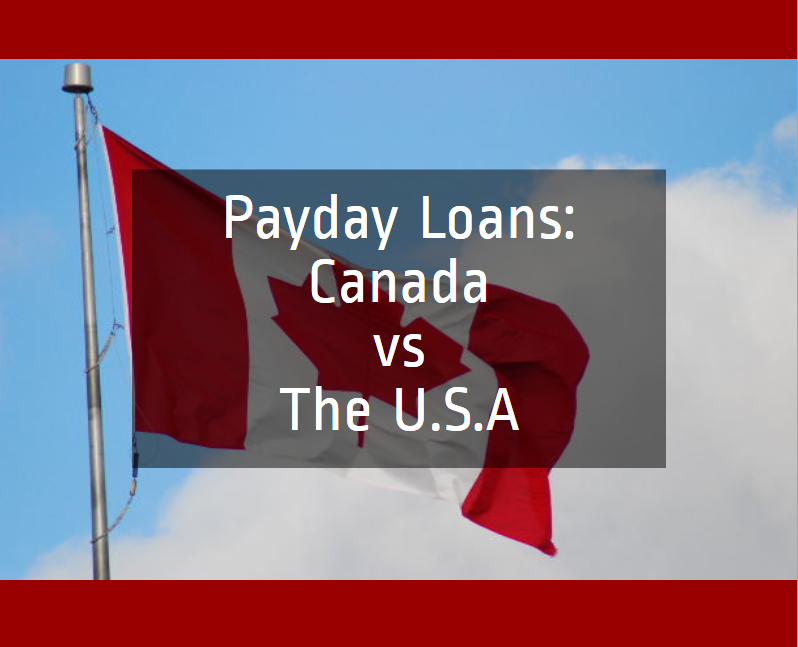The payday loan industry in both these great nations is enormous, much bigger than most people realize. With the changing economy, consumers are looking for alternative lending options to help bridge their cash-flow shortages, whether they were foreseeable or not. The industry gets a lot of flack, too, for being “predatory”, targeting income brackets that can’t afford the fees and interest that go along with such a form of lending.
We’ve said, time and time again, that we’re never going to deny that those allegations aren’t true. The very reason we entered into the payday arena in Canada was to not only change it, but also to change the perception of it.
Why Ontario Is The Best
Thankfully, we were born and bred in Ontario where payday legislation is iron-clad and very, very well enforced. The evidence of this isn’t hard to find, either. Lenders who break the rules are heavily fined or in some cases, have their license revoked (which possibly means going out of business). Cash Store Financial Inc. is a perfect example of this, just from this year.
However, despite the fact the consumer is very well protected from “predatory” lending habits in Ontario, the stigma still exists. Largely, this is due to the fees associated with lending (capped at $21 per $100 borrowed here). However, there is a very simple explanation for this – risk.
Almost every financial decision in our current economy is based on risk and one’s credit. You can’t even buy a phone on a contract without a credit check anymore. Thus, if a borrower needs access to cash with “no questions asked”, the lender is taking on a huge amount of risk.
While $21 per $100 sounds high, the cost is justifiable, especially if comparing it to our friends south of the border. Though legislation does vary from province-to-province and state-to-state, there are overwhelming differences between how our two nations handle the alternative lending industry.
Where Payday Loans Are Illegal
In Canada: Quebec and Newfoundland.
In the U.S.A: 14 states declare payday loans illegal.
The big difference: Though payday loans aren’t legal in two of our provinces, we do have legislation for the industry in the others, which prevent lenders from charging in excess of a defined APR. The problem in the U.S. is that most states have absolutely no laws regarding payday loans, thus, allowing lenders to charge whatever they want.
Roll-overs?
Many payday lenders in the US are permitted to charge a fee to extend the original term of a loan. For example, if a customer borrowed $500 for a two-week period until their next payday, but found they wouldn’t be able to repay, they could pay a fee to have their repayment time extended.
This is not even an option to the consumer in Ontario because of the “trap” consumers can fall into by extending their loan. Many believe it’s cheaper to keep paying a small fee to extend re-payment, but there are far too many stories about how the interest and fees eventually ended up doubling their total re-payment.
Additionally, the meaning of “roll-over” is different here. In Ontario, a rollover loan would be if you were given another separate loan by the same lender you already have a loan out with currently. This is a prohibited practice, even if you have your first loan partially paid off. You must have your current loan paid off in full before a lender is permitted to giving you money again. No exceptions.
If you’re ready to try out a new way of borrowing, head over to GoDay.ca today. New customers are eligible for up to $500 and returning customers can borrow up to $1500. No roll-overs 😉



